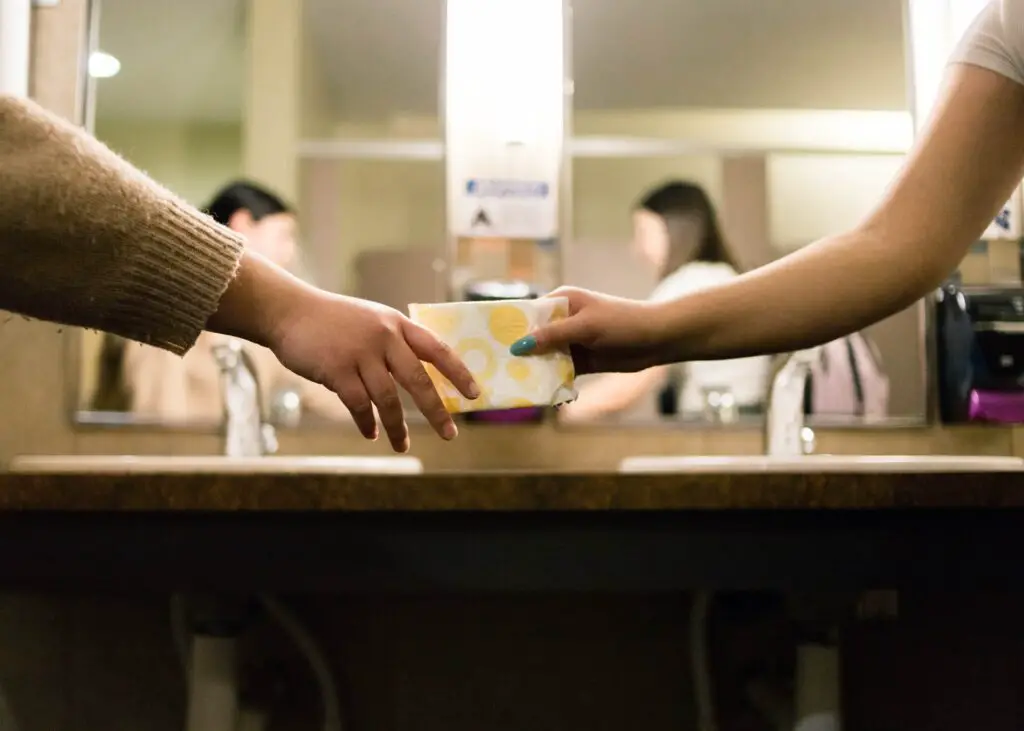California Governor Gavin Newsom signed a law Friday obligating the state’s public schools and colleges to stock free menstrual products in all-female, all-gender, and at least one men’s restroom starting next year.
The Menstrual Equity for All Act requires public schools with classes from grade six to twelve to provide free pads and tampons for students in half of the school’s bathrooms.
The bill also extends to the California State University — and its 23 campuses — and public community colleges in the state. Furthermore, it urges University of California regents and other private institutions to follow similar steps and advocate for women’s health.
“Our biology doesn’t always send an advanced warning when we’re about to start menstruating, which often means we need to stop whatever we’re doing and deal with a period. Often periods arrive at inconvenient times,” Assemblymember Cristina Garcia, the lawmaker who introduced the act, said in a statement.
“Having convenient and free access to these products means our period won’t prevent us from being productive members of society, and would alleviate the anxiety of trying to find a product when out in public,” Garcia added.
Period Taxes
Garcia has been a strong voice for women, even tagging herself as the “Period Princess.” The California politician had also been a part of a previous law that removed state tax placed on menstrual products, saving women $20 million a year.
The inspiration behind the Menstrual Equity Act was a Scotland bill passed in 2020 requiring all public places to offer free menstrual products.
“Just as toilet paper and paper towels are provided in virtually every public bathrooms, so should menstrual products. It is time we recognize and respond to the biology of half the population by prioritizing free access to menstrual products, and eliminating all barriers to them,” Garcia said.

